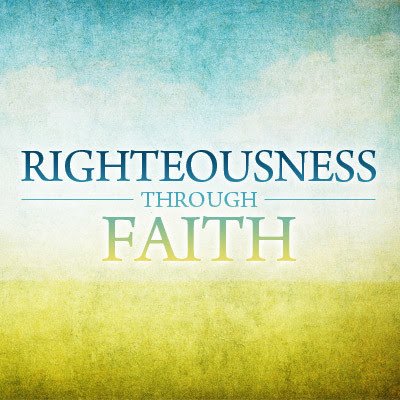“Do not love the world or anything in the world. If anyone loves the world, love for the Father is not in them” (1 John 2:15)
The above verse seems pretty clear about not loving the world doesn’t it? And we certainly do not want to do what God says not to do. But, what if we do love things in the world like beautiful sunsets, lovely landscapes, majestic mountains, lovely flowers, trees, animals, and the like? Aren’t we then “loving the world”? The answer is both yes and no. Let me explain.
Understanding what “world” means
There’s more than one Bible definition for the word world. In the passage above it refers to the world’s corrupt and evil value system. And God says to abhor evil of all kinds (Rom. 12:9). We are to reject the world’s value system, which includes things like status, selfishness, and sexual immorality. The following verse explains it.
“Don’t copy the behavior and customs of this world, but let God transform you into a new person by changing the way you think.Then you will learn to know God’s will for you, which is good and pleasing and perfect.” (Rom. 12:2 NLT)
The other meaning
The the word “world” used in John 3:16, which says, “For God so loved the world” has a very different meaning. It means humanity (the people on the planet), and of course, the followers of Jesus are to love people just as God does.
Don’t get it backwards
The problem is that we often love the value system and hate the people. Christians do this all the time. Instead of being different, we’re often just as materialistic and hedonistic as the culture we live in. But that’s backwards from how God calls us to live.
“Don’t copy the behavior and customs of this world, but” let God transform you into a new person by changing the way you think. Then you will learn to know God’s will for you, which is good and pleasing and perfect” (Romans 12:2 NLT).
So, what about sunsets and trees?
The Bible tells us to think about beautiful and praiseworthy things.They can be things like sunsets, flowers, etc. But, the emphasis must be on what’s praiseworthy to God as the following verse says.
“Finally, brothers, whatever is true, whatever is honorable, whatever is right, whatever is pure, whatever is lovely, whatever is admirable— if anything is excellent or praiseworthy — think on these things.” (Phil. 4:8).
Therefore, use what God has created to remind us to praise Him
“Worthy are you, our Lord and God, to receive glory and honor and power, for you created all things, and by your will they existed and were created” (rev. 4:11)
And finally
Fill your mind with God’s truth, and let it transform your life by changing what you love.
“And above all these put on love, which binds everything together in perfect harmony.” (Col. 3:14 ESV)
“And he said to him, “You shall love the Lord your God with all your heart and with all your soul and with all your mind. This is the great and first commandment. And a second is like it: You shall love your neighbor as yourself.” (Matt. 22:37-39 ESV)









